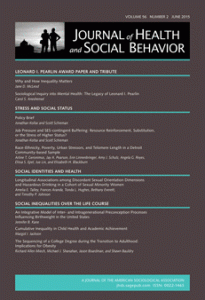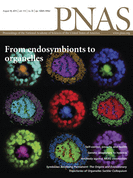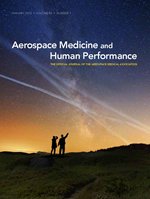![]() A paper that raised alarms by suggesting lizards were warming even faster than the planet has been retracted after the authors employed the wrong method to measure temperatures.
A paper that raised alarms by suggesting lizards were warming even faster than the planet has been retracted after the authors employed the wrong method to measure temperatures.
Some scientists thought that, because of the way lizards retain heat to regulate their cold-blooded bodies, they might be more sensitive to temperature changes. Well, not in this case. The paper has been retracted from Ecography because the scientists erred in calculating the “radiative conductance of the animal” — basically, how much heat it can get rid of — such that the “broad-scale” conclusions of the study are invalid.
The notice for the aptly named paper “Lizards could be warming faster than climate” reads: Continue reading Lizards aren’t getting hotter faster than the planet after all, says retraction


 Researchers have pulled a paper about a drug used to treat pancreatic tumors due to “statistical errors.”
Researchers have pulled a paper about a drug used to treat pancreatic tumors due to “statistical errors.”



